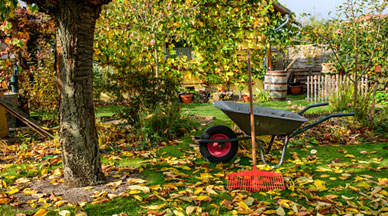
Tis the season to reflect upon the highlights of the gardening year and preserve the seeds of your bounty for next year. Hopefully, it has been rewarding. Personally, aside from the woodchuck eating the pansies so I couldn’t collect the seeds, a mishap with a lawnmower cutting the vine of a pumpkin just forming, and a marigold crop failure, it has been a moderately successful summer.
The last seeds to mature from my garden have been the zinnias and what marigolds managed to survive after the deer/woodchuck/slugs feeding frenzy (who knew they liked young marigolds?). In order to squeeze these seeds into this year’s savings, I am monitoring the temperatures very closely now that we are near frost season. Zinnias like to be harvested when they are dry and colorless (I made the mistake of harvesting them last year when they were only halfway dried, and none sprouted his year, so back to the Seed Lending Library for some more). It feels a little sad, but also, a kind of relief. Gardens take a lot of time and work, and demand to be attended to – now!
We can all ease up in the garden to pursue other demands of our time, and look forward to the dormant period.
Other Things to Do This Month:
For both vegetable and flower gardens
~ Harvest remaining produce and pull up the plants.
~ Cut back faded perennials and remove spent annuals.
~ Rake the garden clean of all vegetable plant leaves, as well as floral refuse, especially that had problems with insects or plant diseases. And, if you have one, put that weed torch to work by torching the top of the garden for diseases and weed seeds lurking at surface level.
~ Plant or transplant trees and shrubs.
~Plant garlic.
~ Amend with lime or calcium now if needed for better gardens later, as they need time to dissolve into the soil. (remember, lime increases the soil’s pH, making soil less acidic and more alkaline, and calcium encourages strong cell walls that ensure the plant grows upright making them less prone to diseases and pests)
~ Enjoy the memory of a summer well spent.
“Gardeners tend to be the most adaptable of human beings. In fact, gardening… trains you to be flexible, and to find consolations where you can. So the poppies never came up and deer ate the roses? Well, the irises looked great, and the lilacs were fabulous.” — Constance Casey
Caroline Poppendeck, Librarian
Steele Memorial Library
